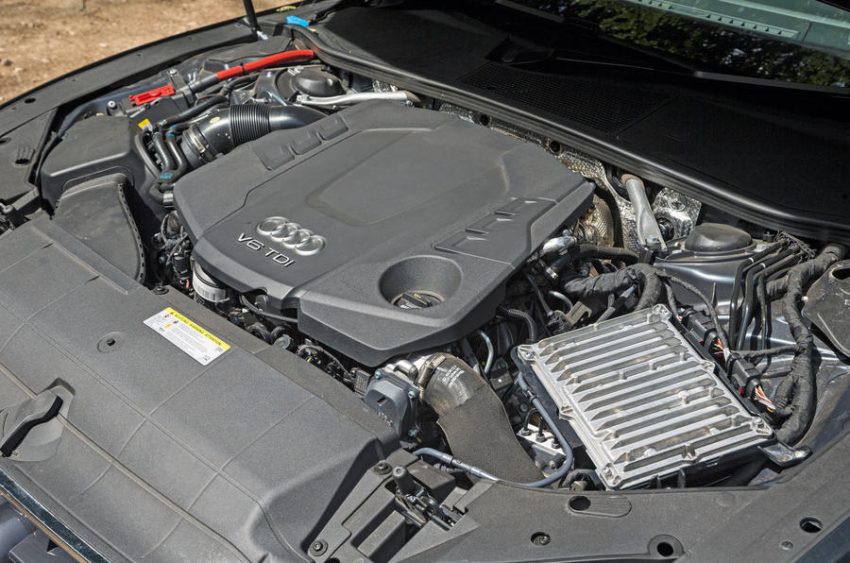Audi has endorsed large numbers of its models’ six-chamber diesel motors for use with hydrotreated vegetable oil (HVO) as a feature of the association’s change to becoming net environment nonpartisan by 2050.
Since mid-February, chose new Audi models with V6 TDI motors up to and including the association’s reach beating 282bhp unit can be driven on HVO. The models incorporate the A4, A5, A6, A7, A8 and the Q7 and Q8 SUVs.
The Q5 will likewise acquire a HVO-consistent V6 diesel motor toward the beginning of March. It will be trailed by the A6 Allroad in the mid year, albeit this model is as of now not on special in the UK. Each HVO-viable Audi vehicle can be distinguished by a XTL sticker (for ‘X to fluid’) on the fuel filler cap. Audi’s four-chamber diesels are now HVO consistent.
Audi claims running one of its vehicles on HVO can decrease CO2 outflows yield by 70-95% contrasted and diesel created from petroleum products.
“As the cetane rating of HVO is around 30% higher, the instability of the motors is improved. The constructive outcomes of this are especially perceptible while cold beginning,” said Matthias Schober, Audi’s head of powertrain advancement for V-TFSI, TDI and PHEV models.
“We tried the consequences for different parts, the exhibition, and exhaust discharges in explicit approval runs prior to giving endorsement,” he added.
HVO is a kind of biofuel. Biofuels are made from sustainable assets like plants, from squander materials like preparing oil from the food business or from deposits from farming.
When joined with hydrogen, they can supplant fossil parts in traditional diesel powers, or they can be utilized unmixed as 100 percent unadulterated fuel.
Oliver Hoffmann, Audi boss improvement official, said: “With our Vorsprung 2030 methodology, we’re chasing after the obviously characterized objective that all new models we send off worldwide starting at 2026 will be all-electric as it were. Along these lines, we’re making a fundamental commitment making a course for carbon-nonpartisan versatility.
